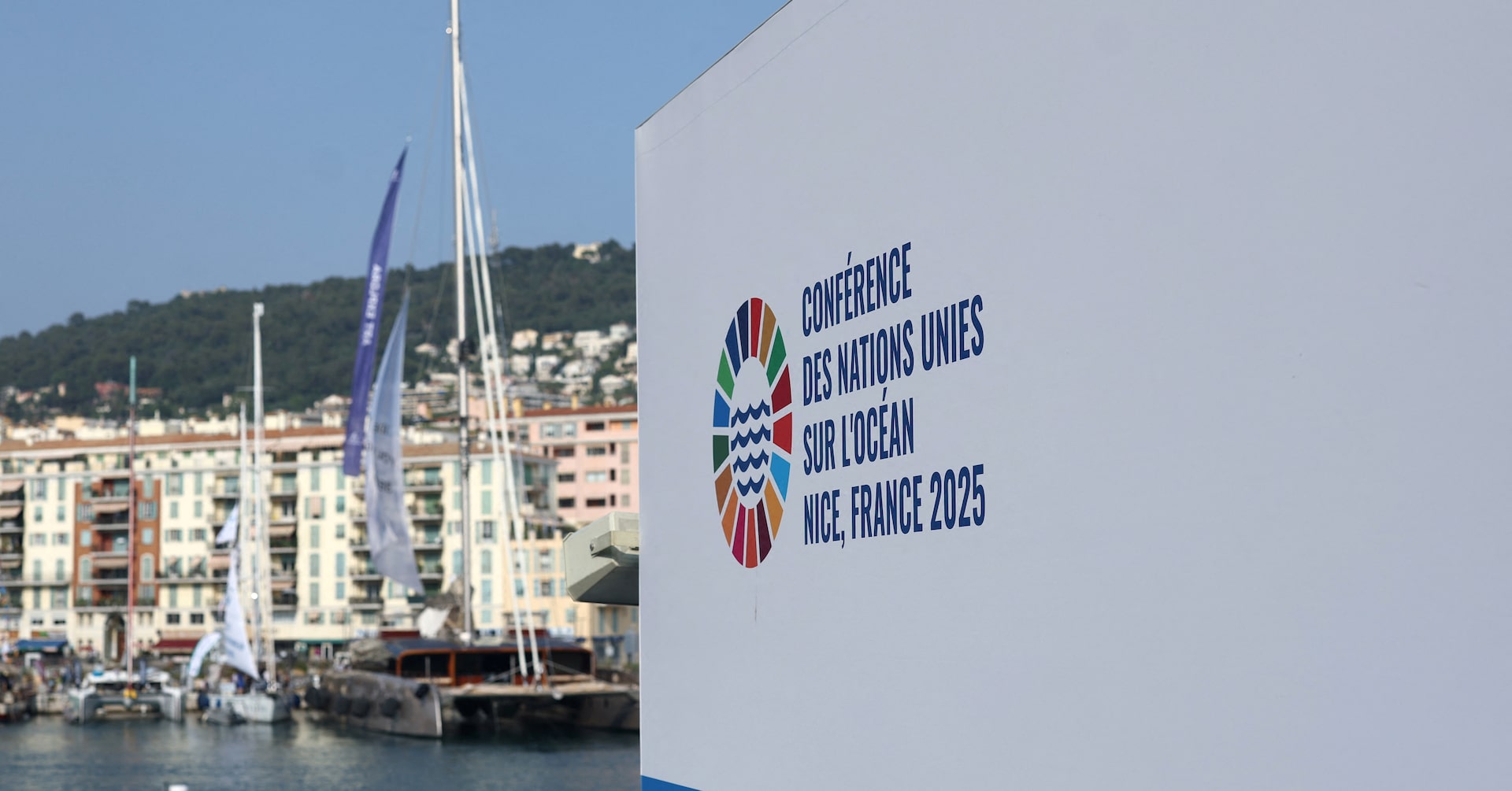Major Funding Announcements at UN Ocean Conference
The third United Nations Ocean Conference, held recently in France, concluded with multiple financial commitments aimed at safeguarding the world’s oceans. Despite these pledges, experts warn that the current funding still falls far short of the estimated $175 billion needed annually to effectively protect marine ecosystems and resources.
Governments and Organizations Step Up
During the high-level event, several countries and international organizations announced new funding packages and initiatives. France, the host nation, pledged an additional $1 billion over the next five years specifically for ocean conservation efforts. The European Union also committed €500 million to support marine biodiversity and sustainable fisheries across the globe.
These announcements were welcomed by environmentalists and marine researchers, who have long called for more robust financial support to combat overfishing, marine pollution, and the effects of climate change on oceans.
Private Sector Participation Grows
Beyond governmental contributions, private sector involvement marked a notable shift in ocean finance. Several multinational corporations unveiled blue finance strategies, including investment in sustainable aquaculture and marine renewable energy. A coalition of financial institutions also committed to aligning their portfolios with ocean sustainability goals, reflecting a growing trend of environmental, social, and governance (ESG) integration in investment decisions.
One notable announcement came from the Ocean Finance Partnership, a public-private alliance, which introduced a $200 million fund aimed at supporting small-scale fisheries and coastal communities in developing countries.
Funding Still Falls Short
Despite the positive momentum, experts caution that the total funding pledged during the conference is still insufficient when measured against the scale of the crisis. According to estimates by the Ocean Panel, an international initiative of world leaders, the world needs to invest approximately $175 billion annually to achieve a sustainable ocean economy by 2030.
“We are seeing encouraging signs of progress,” said Maria Fernandez, a marine economist at the University of Lisbon. “But the gap between the promises made and the actual needs is still vast.”
Many experts argue that while one-off pledges are helpful, long-term, consistent funding mechanisms are essential to ensure lasting change in ocean governance and preservation.
Focus on Climate Change and Marine Protection
This year’s conference placed a strong emphasis on the intersection of ocean health and climate resilience. Delegates discussed strategies to protect marine biodiversity, promote sustainable fishing, and mitigate the effects of ocean acidification and warming seas. Several nations, including Canada and Japan, announced new marine protected areas (MPAs) to help safeguard critical habitats.
Additionally, the conference highlighted the importance of integrating ocean-related goals into national climate strategies. Countries were urged to include ocean-based solutions in their Nationally Determined Contributions (NDCs) under the Paris Agreement.
Calls for Greater Accountability and Transparency
To ensure that financial commitments translate into real-world change, civil society organizations and advocacy groups called for increased transparency and accountability in how funds are allocated and used. They urged donor nations and institutions to publish detailed reports on spending and project outcomes, and to involve local communities in the planning and implementation process.
“We need to make sure that this money is reaching the right hands and making a tangible difference on the ground,” said Amina Oumar, an environmental activist from Senegal.
Looking Ahead
As the conference concluded, delegates agreed to continue mobilizing resources and strengthening partnerships ahead of the next major global environmental summit. Several working groups were established to monitor progress and explore innovative finance solutions, such as blue bonds and carbon credits tied to ocean conservation.
While the path ahead remains challenging, many participants expressed cautious optimism that the growing recognition of the ocean’s pivotal role in the global climate system will spur greater financial and political commitment in the years to come.
This article is inspired by content from Reuters. It has been rephrased for originality. Images are credited to the original source.







